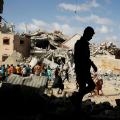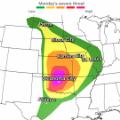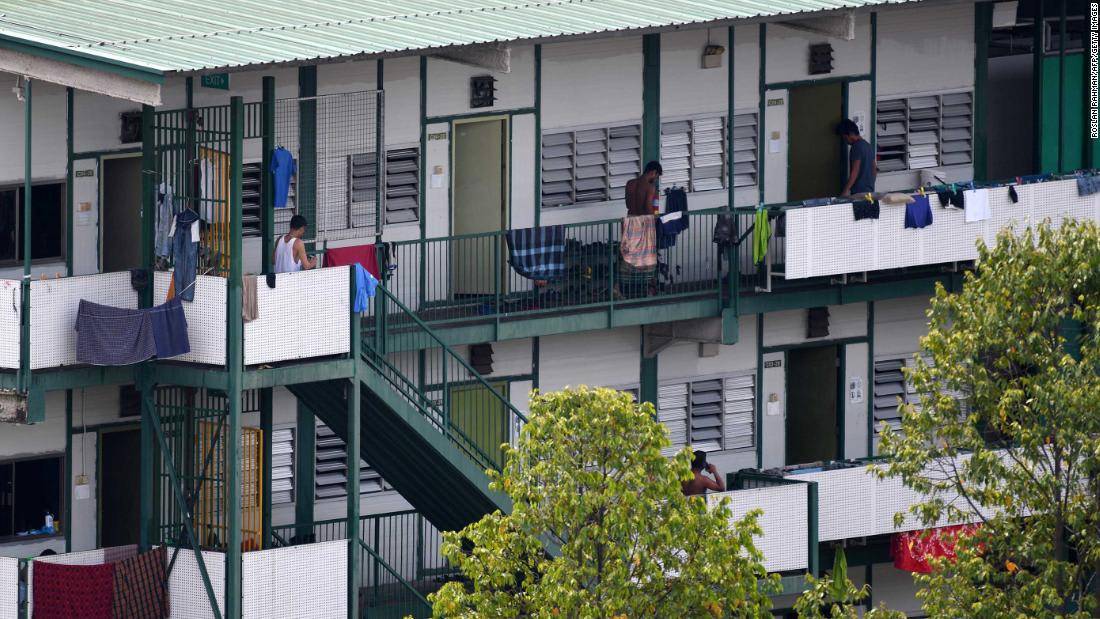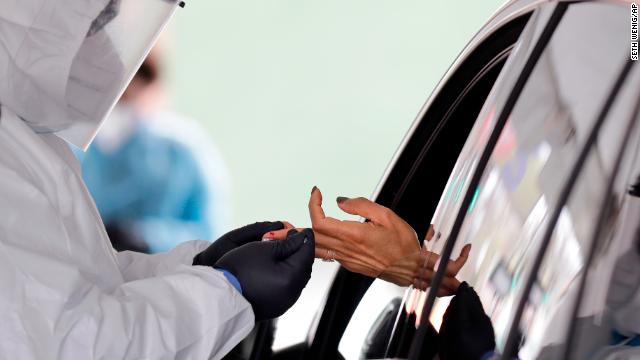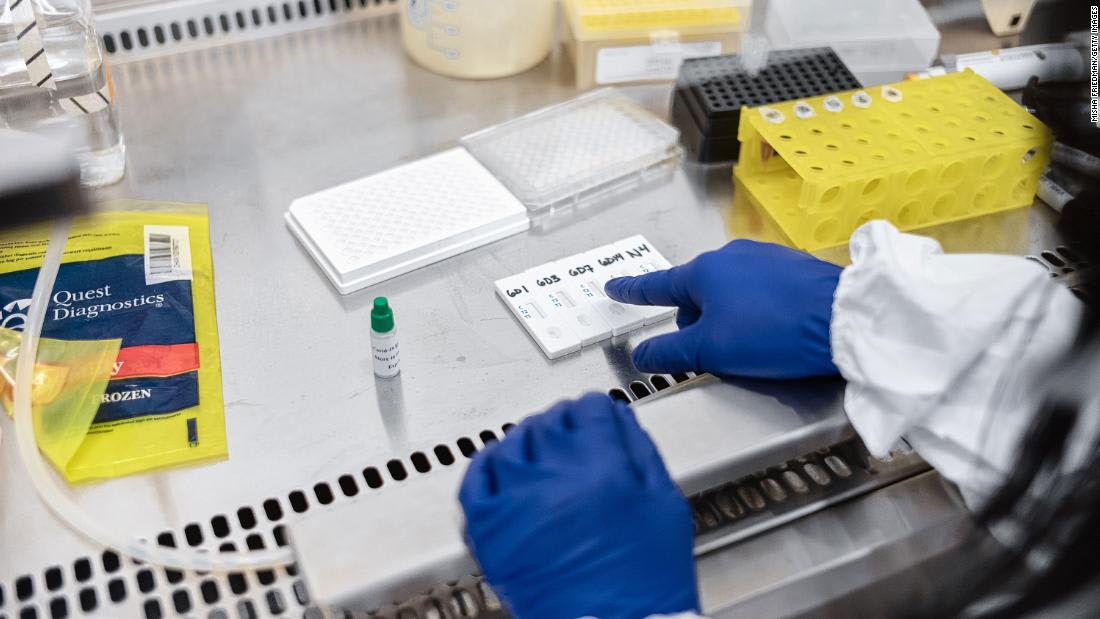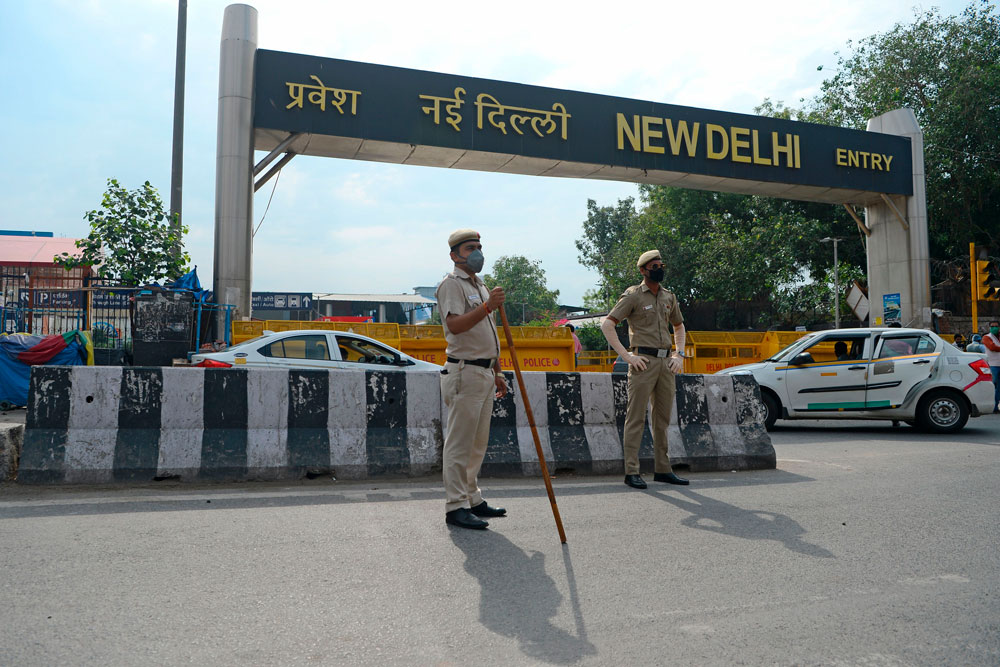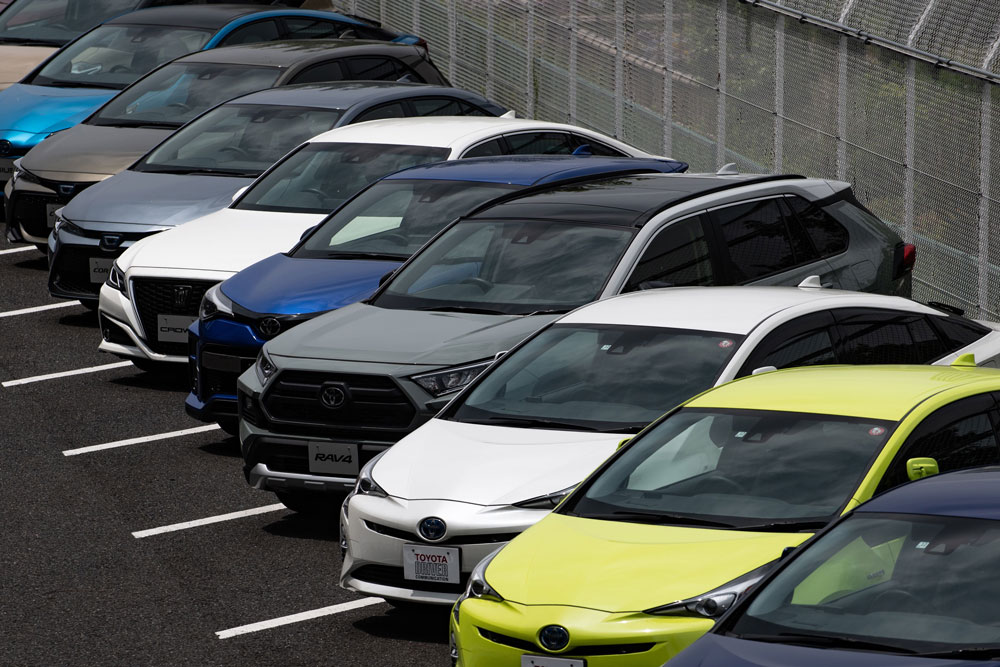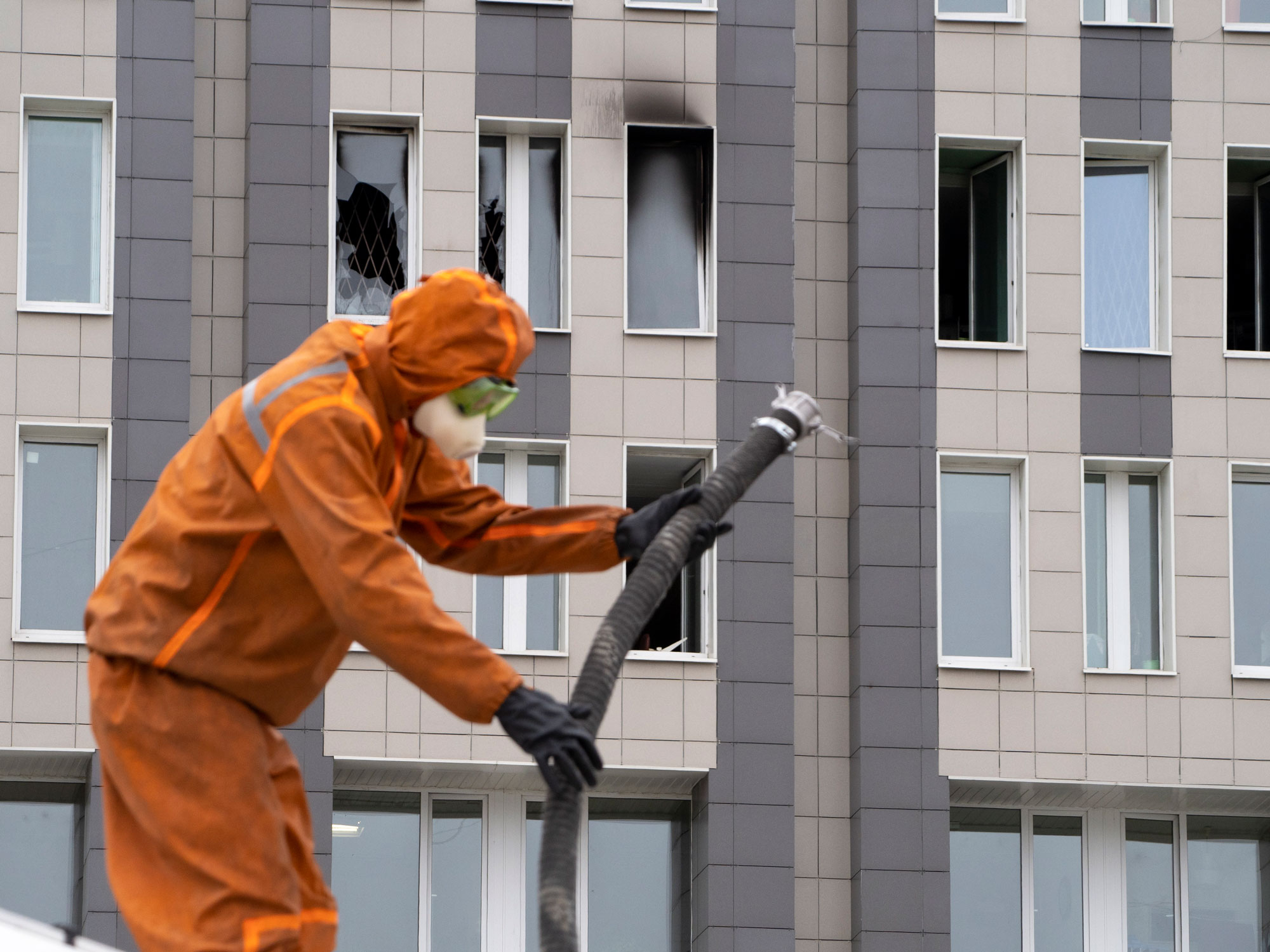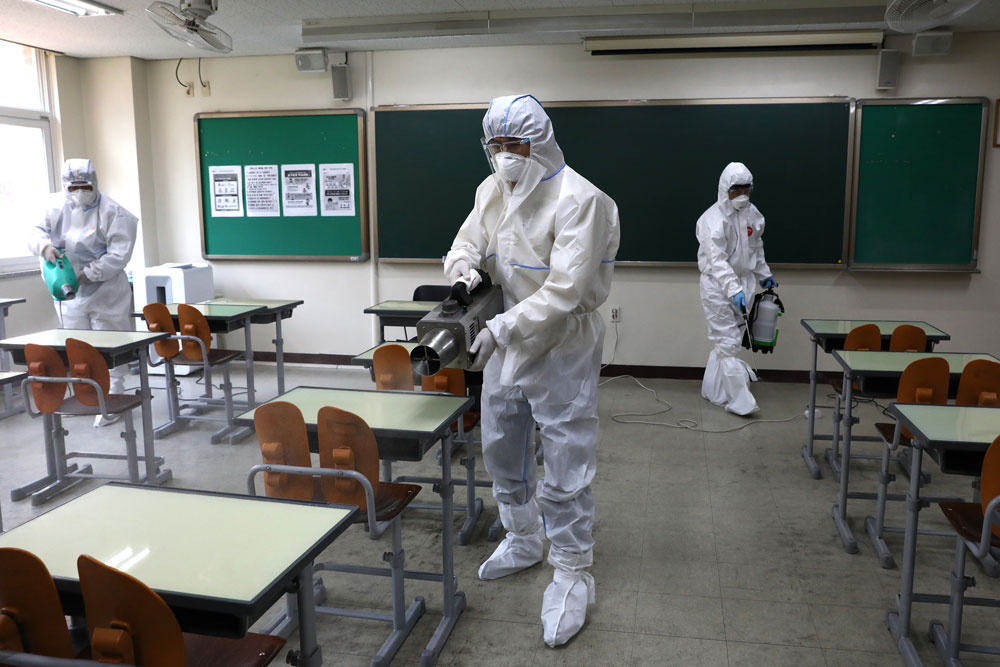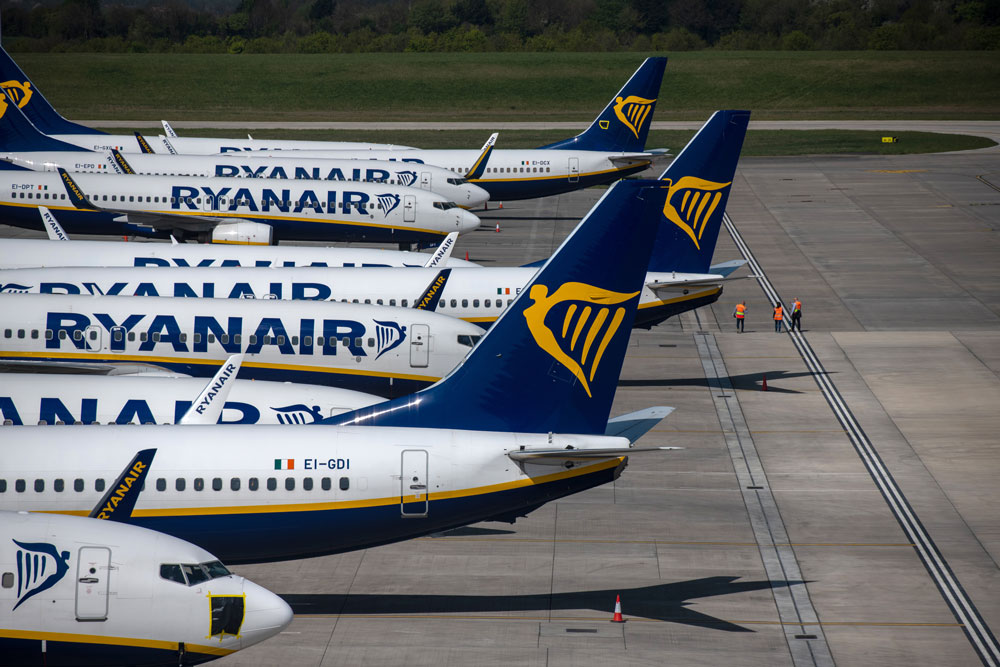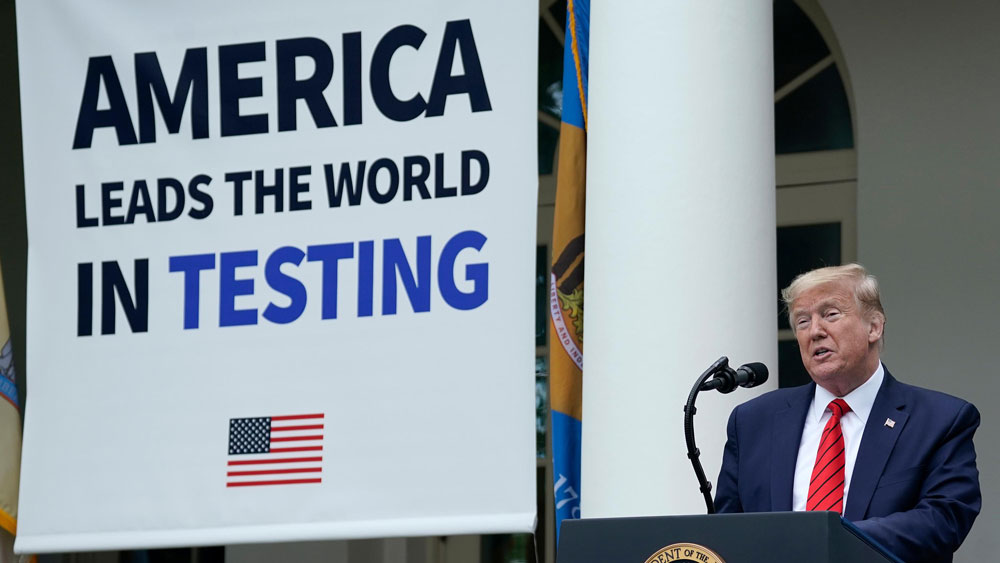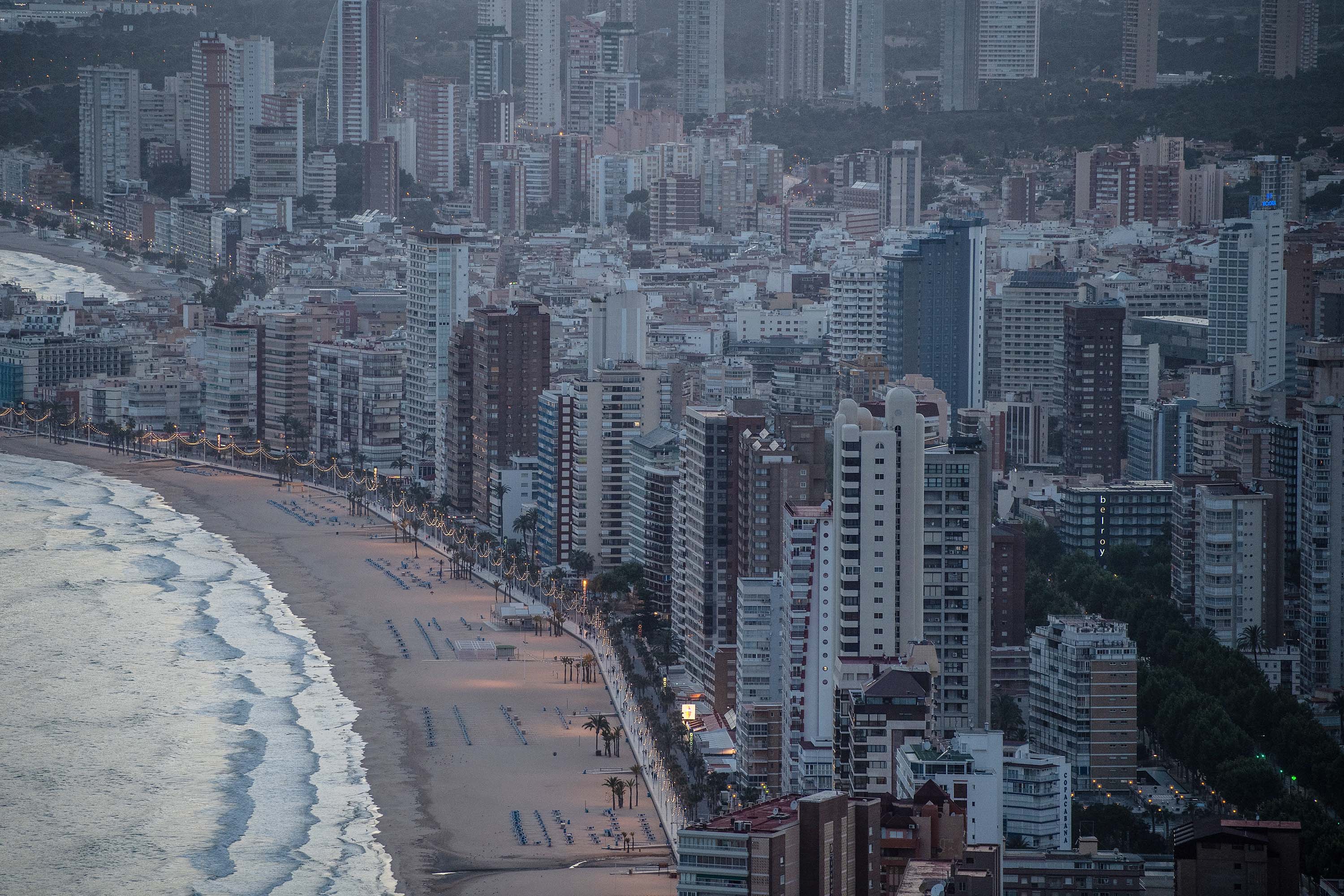
Spain will implement a 14-day mandatory quarantine for travelers arriving from overseas starting May 15, according to a decree from the country's health ministry.
The decree covers “people coming from other countries, on their arrival in Spain.” Travelers will be required to provide a completed passenger location card to the authorities so they can be contacted during quarantine, and will have to quarantine at home or in their place of accommodation.
They will be allowed out for essential needs like food, pharmaceutical products, visiting healthcare centers and for emergency situations, but are required to wear a mask if they go outside.
Some people, like freight carriers and healthcare workers, will be exempt from the quarantine rules as long as they haven’t been in contact with any known patients.
Emergency restrictions: Spain remains under a state of emergency, which began on March 14 with strict stay-at-home confinement orders. It is in place until at least May 23, but officials have begun to ease some restrictions in low-risk territories.
"During the period of de-escalation, the monitoring and health control measures for all international travelers (arriving in Spain) should be increased, to avoid the imported cases," said the order from the health ministry.
